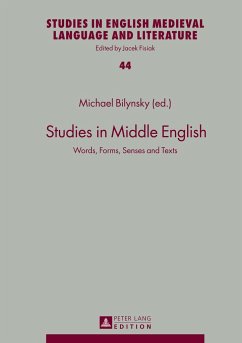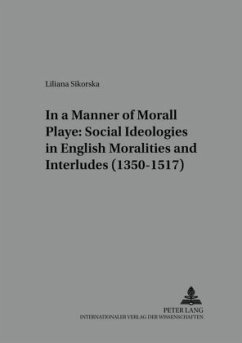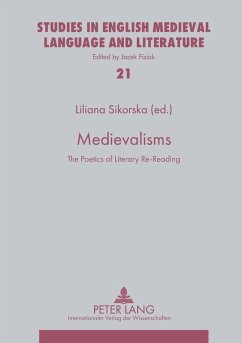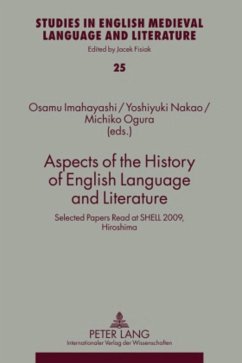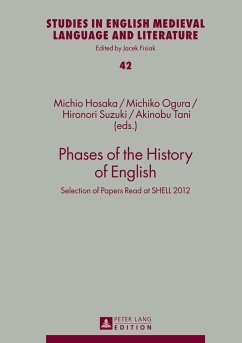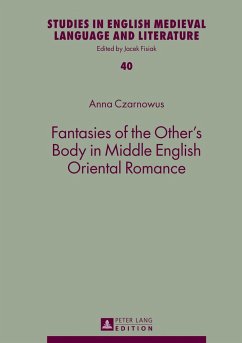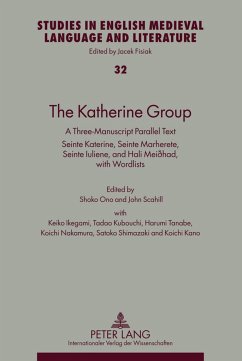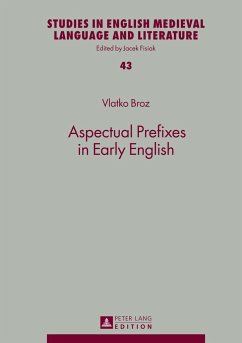
The Old English Riddles and the Riddlic Elements of Old English Poetry
Versandkostenfrei!
Versandfertig in 6-10 Tagen
73,25 €
inkl. MwSt.

PAYBACK Punkte
0 °P sammeln!
The art of posing riddles is possibly as old as mankind and spans two apparent extremes which, nevertheless, converge in the riddlic form: that of wisdom and that of play. With this perspective in mind, the author examines the poetic enigmas present in the culture of Anglo-Saxon England, exploring both the Anglo-Latin riddles of Aldhelm and those recorded in the Exeter Book. His study investigates the Old English riddlic texts from a variety of angles, arguing for the possibility of establishing patterns of Anglo-Saxon riddlic composition as such. Rafal Boryslawski intends to prove that both t...
The art of posing riddles is possibly as old as mankind and spans two apparent extremes which, nevertheless, converge in the riddlic form: that of wisdom and that of play. With this perspective in mind, the author examines the poetic enigmas present in the culture of Anglo-Saxon England, exploring both the Anglo-Latin riddles of Aldhelm and those recorded in the Exeter Book. His study investigates the Old English riddlic texts from a variety of angles, arguing for the possibility of establishing patterns of Anglo-Saxon riddlic composition as such. Rafal Boryslawski intends to prove that both the Exeter collection and the Aenigmata of Aldhelm are constructed on the grounds of an identifiable structure of interrelations and interdependencies. Additionally, he argues that the riddlic mode of literary representation is also visible in other Anglo-Saxon poetic compositions. The analysis of such an assumption leads to the conclusion that the predilection for the riddle form in Anglo-Latin and Anglo-Saxon poetry results from an Old English vision of the Christian world.




